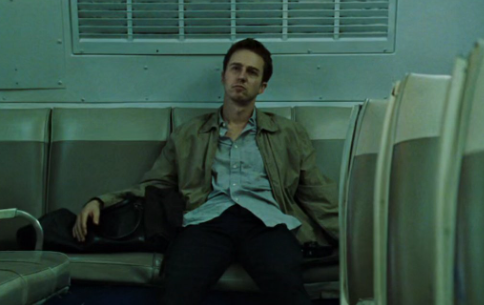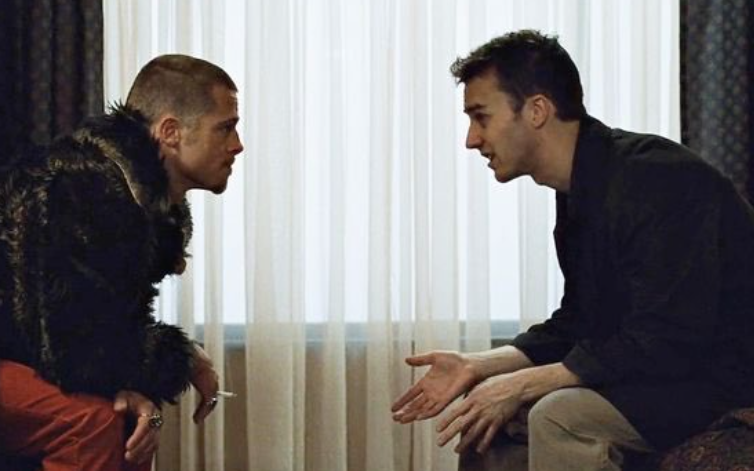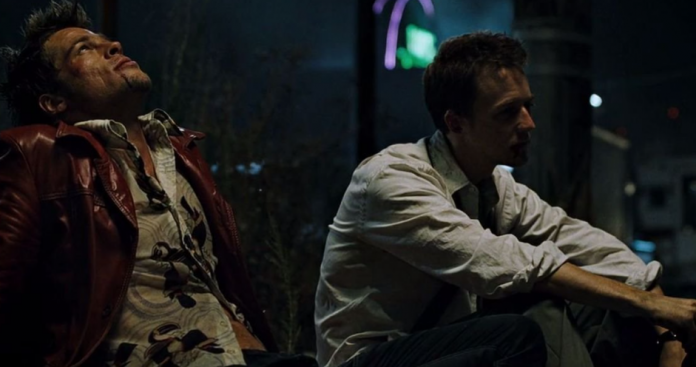
Over the years, David Fincher’s film Fight Club has become a cult title among far-right groups and incels for its portrayal of disenfranchised white men uniting to protest capitalist society.
++ ‘Barbie’ screenwriter thought the film was a bad idea
However, in an interview with The Guardian, the director distanced himself from this interpretation of the film, stating that he is not responsible for the way people see it.
“I’m not responsible for how people interpret things… Language evolves. Symbols evolve,” Fincher said when asked about the topic.
“We didn’t make it for them, but people will see what they want to see in a Norman Rockwell painting, or in [Picasso’s Guernica],” he argued, reiterating that he is not responsible for how people interpret his work.
“For me, it’s impossible to imagine that people don’t understand that (Brad Pitt’s character) Tyler Durden is a negative influence,” Fincher added. “People who can’t understand this, I don’t know how to respond and I don’t know how to help them.”
++ Lupita Nyong’o shares pictures of her adopted cat following split from Selema Masekela
It is good to remember that, in the plot of Fight Club, Jack (Edward Norton) is an executive who works as an insurance investigator, has a good financial life, but suffers from insomnia problems.
To try to heal, he starts attending group therapy, but his life turns upside down when he meets Tyler (Brad Pitt). With him, he forms a fight club, where people are friends, but punch each other violently on some nights. The film hit theaters in 1999.
Namely, the film was a box office failure at the time of its release in 1999. However, Fight Club became a commercial success in physical copies and is now considered a cult classic. The film is an adaptation of the book by Chuck Palahniuk, released in 1996.



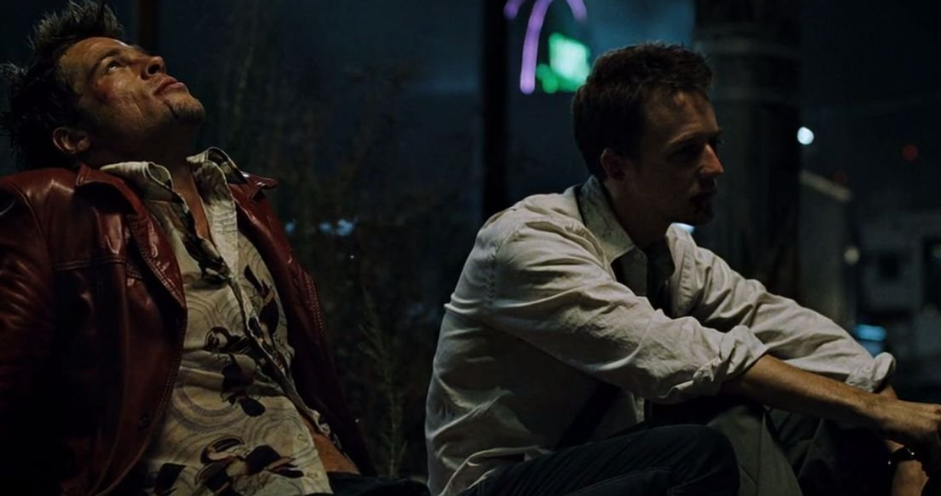
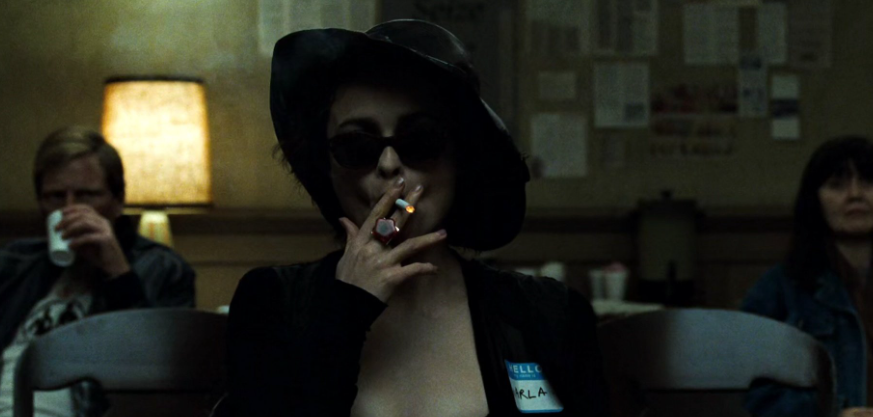
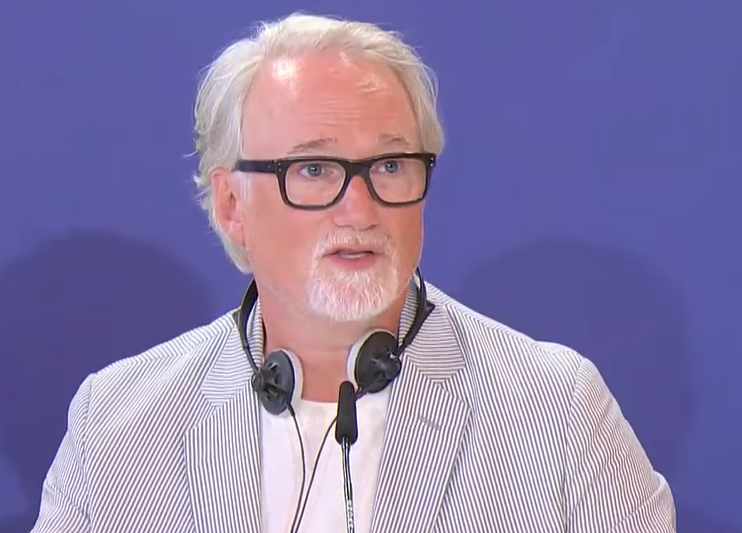
!["We didn't make it for them, but people will see what they want to see in a Norman Rockwell painting, or in [Picasso's Guernica]," he argued, reiterating that he is not responsible for how people interpret his work. (Photo: Twitter)](https://www.jetss.com/wp-content/uploads/2023/10/Captura-de-tela-2023-10-31-102246.png)
